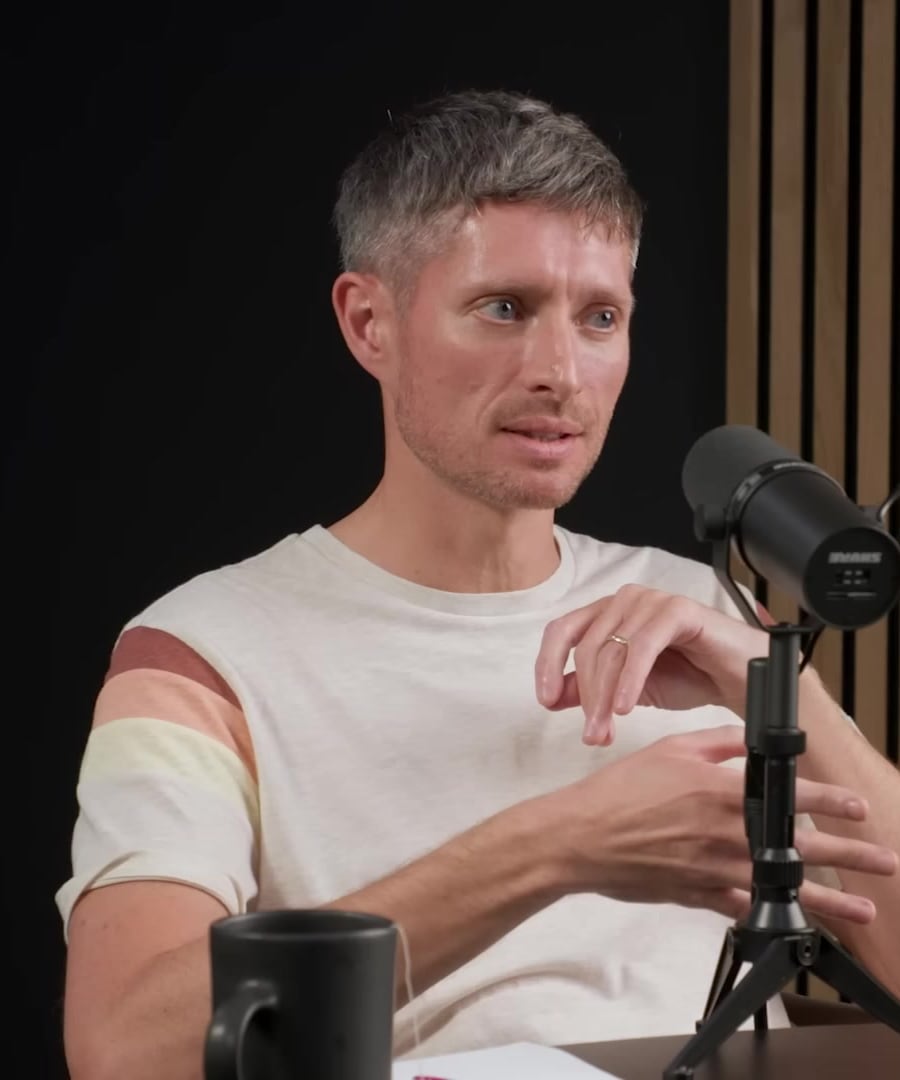what do we know about the benefits of microdosing food allergies
Sources:
The concept of microdosing, especially concerning substances like LSD, has been explored for various potential benefits, including improvements in well-being and cognitive functions like creative thinking. However, the evidence supporting these benefits remains inconclusive. For instance, Dr. Robin Carhart-Harris discussed a creative study that attempted to control for the placebo effect by having participants blind themselves to whether they were taking a microdose or a placebo. The study found that the effects of microdosing did not compellingly surpass those of a placebo. This suggests that any perceived benefits might largely be driven by the participants' expectations rather than the pharmacological effects of the microdose itself 1.
There is no specific mention of microdosing in relation to food allergies in the Huberman Lab discussions.
RELATED QUESTIONSWhat do experts say about microdosing for allergies?
Sources:
The concept of microdosing, which often involves taking sub-perceptual amounts of substances like LSD or psilocybin, is approached cautiously, particularly in contexts unrelated to traditional uses such as managing allergies. When it comes to microdosing for mental health or cognitive benefits, experts like Dr. Robin Carhart-Harris and Dr. Matthew Johnson discuss its usage with skepticism regarding substantial, non-placebo effects.
-
Lack of Evidence: Dr. Carhart-Harris emphasizes the lack of compelling evidence supporting the typical claims of microdosing improving well-being or cognition, notably in terms of creative thinking. A study he mentioned aimed to control for the placebo effect in microdosing but concluded that the effects did not significantly exceed those of a placebo 1.
-
Concerns Over Long-Term Use: Dr. Johnson mentions potential antidepressant effects of microdosing but remains cautious about its long-term use, especially given possible risks like valvulopathy, a heart valve disease. These concerns stem from the serotonin 5H2B receptor's role, which has been linked to heart valve issues in other contexts 2.
In sum, while there is some interest in the potential psychological benefits of microdosing, there's a notable lack of strong evidence and existing concerns over its safety, especially with long-term or frequent usage. There is no specific mention or advocacy for microdosing as a treatment or management strategy for allergies in the discussions on the Huberman Lab.
RELATED QUESTIONS-
what do we know about the benefits of microdosing food allergies
- RELATED QUESTIONS
What do experts say about microdosing for allergies?
- RELATED QUESTIONS

